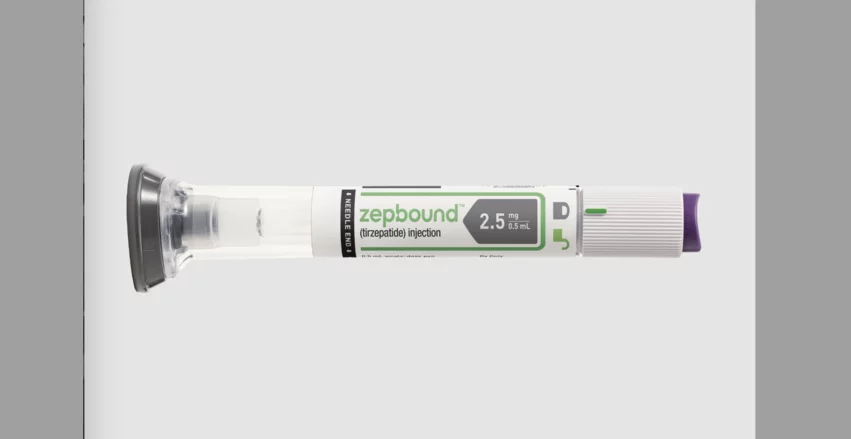Tirzepatide linked to significant weight loss, ‘impressive’ diabetes prevention after 3 years
Tirzepatide is associated with significant weight loss and a reduced risk of type 2 diabetes among obese patients who present with prediabetes, according to a new three-year analysis published in the New England Journal of Medicine.[1]
The findings, based on updated data from the randomized SURMOUNT-1 trial, were originally presented at the ObesityWeek 2024 conference in early November.
Tirzepatide is a popular diabetes drug sold by Eli Lilly and Company under the brand names Zepbound and Mounjaro. It has also been linked to improved outcomes in patients with sleep apnea and heart failure with preserved ejection fraction.
SURMOUNT-1 represents the longest completed study of tirzepatide’s safety and effectiveness to date. Researchers tracked data from more than 1,000 patients with obesity and a confirmed diagnosis of prediabetes. The mean age was 48.2 years old, and 63.9% were women. Participants were randomized to either receive weekly doses of tirzepatide—5 mg, 10 mg or 15 mg—or a placebo.
Overall, after a total of 176 weeks, treatment with tirzepatide was associated with mean changes in body weight of -12.3% for patients given a 5-mg dose, -18.7% for patients given a 10-mg dose and -19.7% for patients given a 15-mg dose. Body weight loss for patients treated with a placebo, meanwhile, was just -1.3%.
In addition, researchers noted, the number of patients who progressed from prediabetes to type 2 diabetes was just 1.3% for the tirzepatide group compared to 13.3% for the placebo group. In addition, after all patients stopped treatment for a total of 17 weeks, 2.4% of tirzepatide patients and 13.7% of placebo patients had been diagnosed with type 2 diabetes.
“Individuals treated with tirzepatide lost on average up to 23% of their body weight and maintained this for over three years, while benefitting from a substantial decrease in risk of developing type 2 diabetes,” lead author Ania M. Jastreboff, MD, PhD, director of the Yale Obesity Research Center, said in a statement. “In absolute terms, nearly 99% of individuals treated with tirzepatide remained diabetes-free at 176 weeks. These results are impressive given the degree of sustained weight reduction and decrease in risk of diabetes.”
“These results underscore the critical role of long-term therapy with effective treatments like tirzepatide to achieve and maintain weight reduction,” added Jeff Emmick, MD, PhD, Lilly’s senior vice president of product development.
In their analysis, the researchers also noted that they had not identified any new safety concerns.
“The frequency of adverse events was similar to that seen in previous trials with nutrient-stimulated hormone–based therapies, and there were no unexpected serious adverse events,” they wrote. “As with other treatments for obesity that resulted in significant weight reduction, the incidence of gallbladder-related events was higher among the participants who received tirzepatide than among those who received placebo.”
In addition, Jastreboff et al. emphasized that the benefits of tirzepatide appeared to “dissipate” once patients stopped treatment.
“Collectively, these findings support the concept that to maintain weight reduction and glycemic improvements, therapies would need to be continued long-term, as is done for other chronic diseases,” they explained.
Click here to read the full study.


